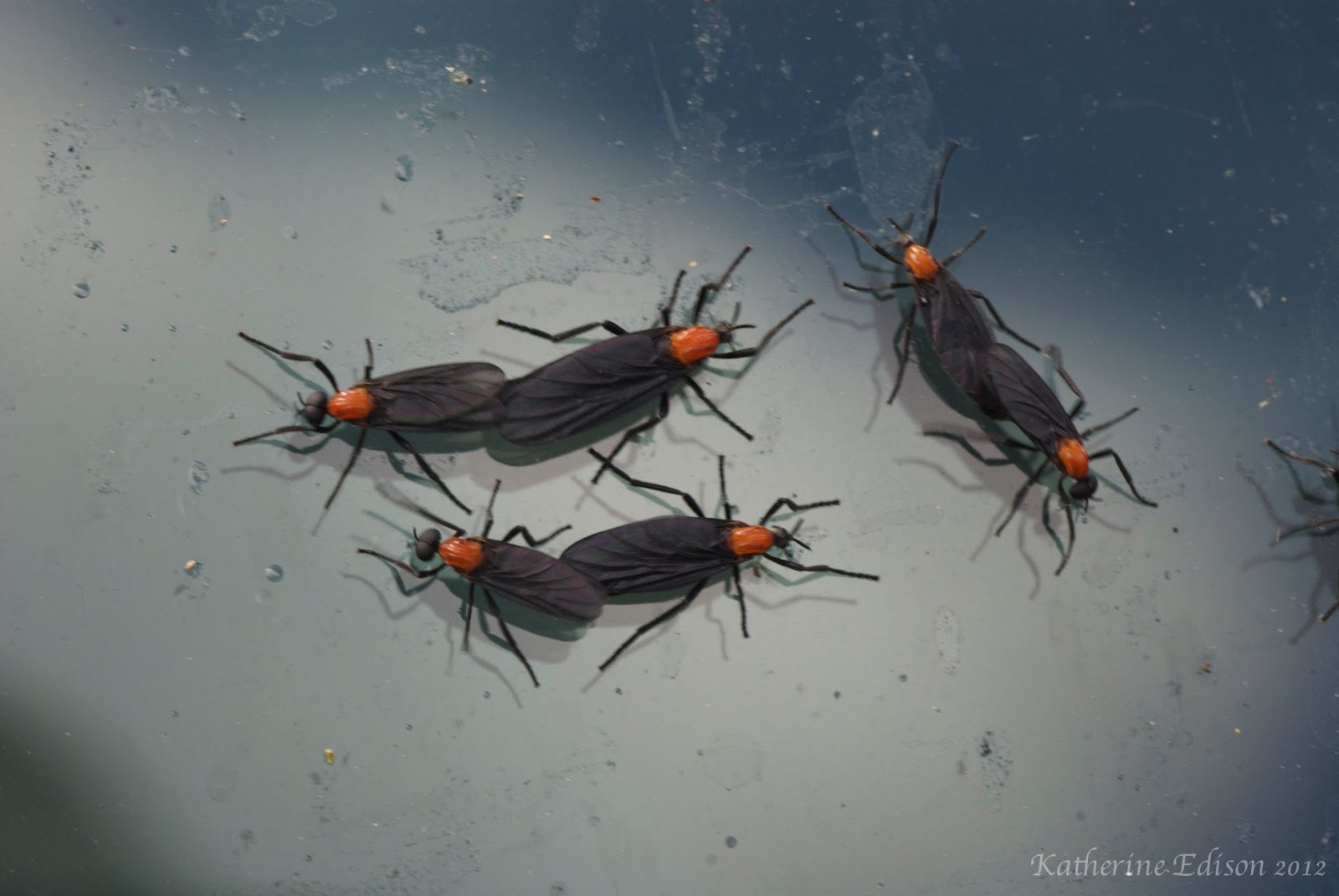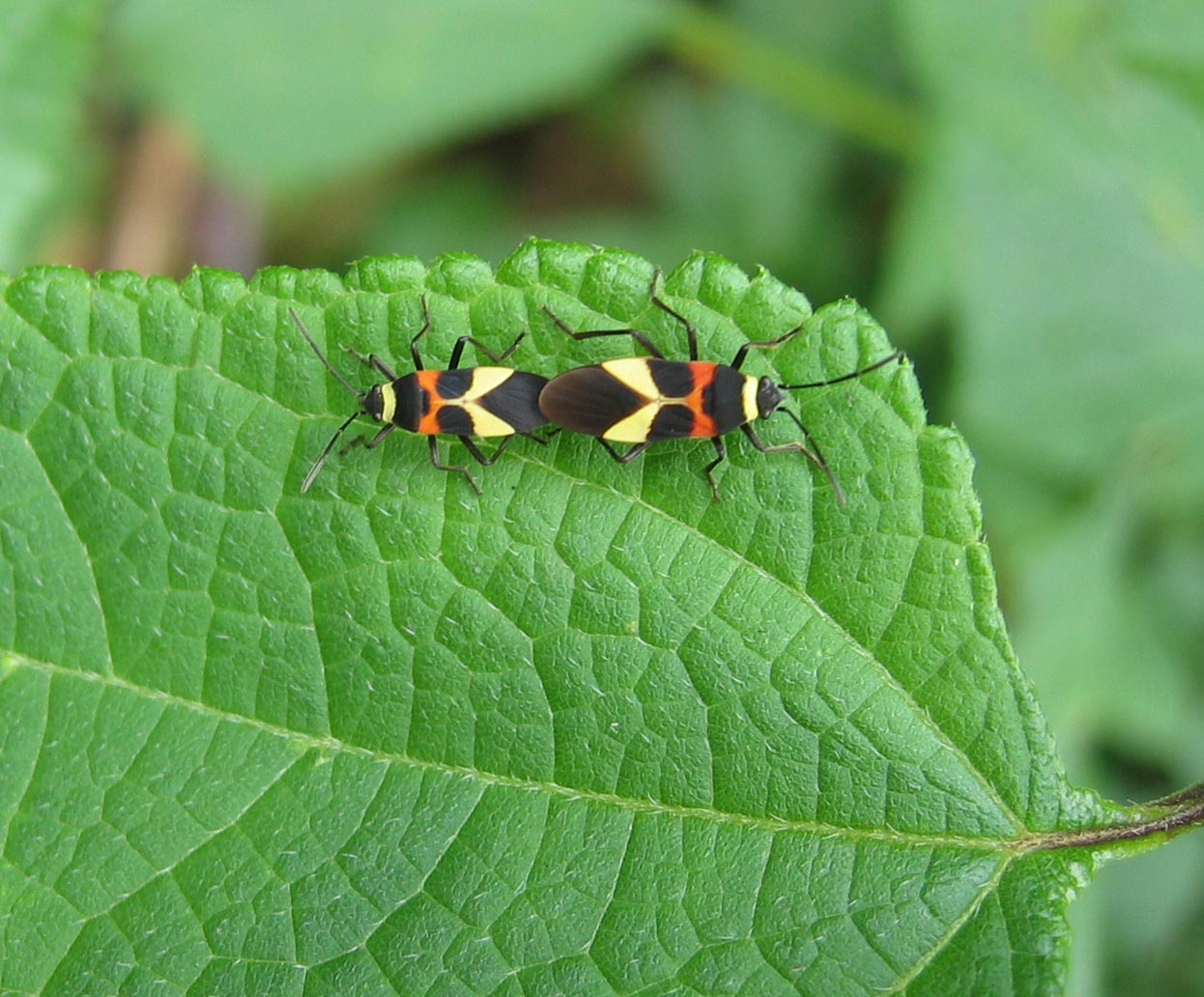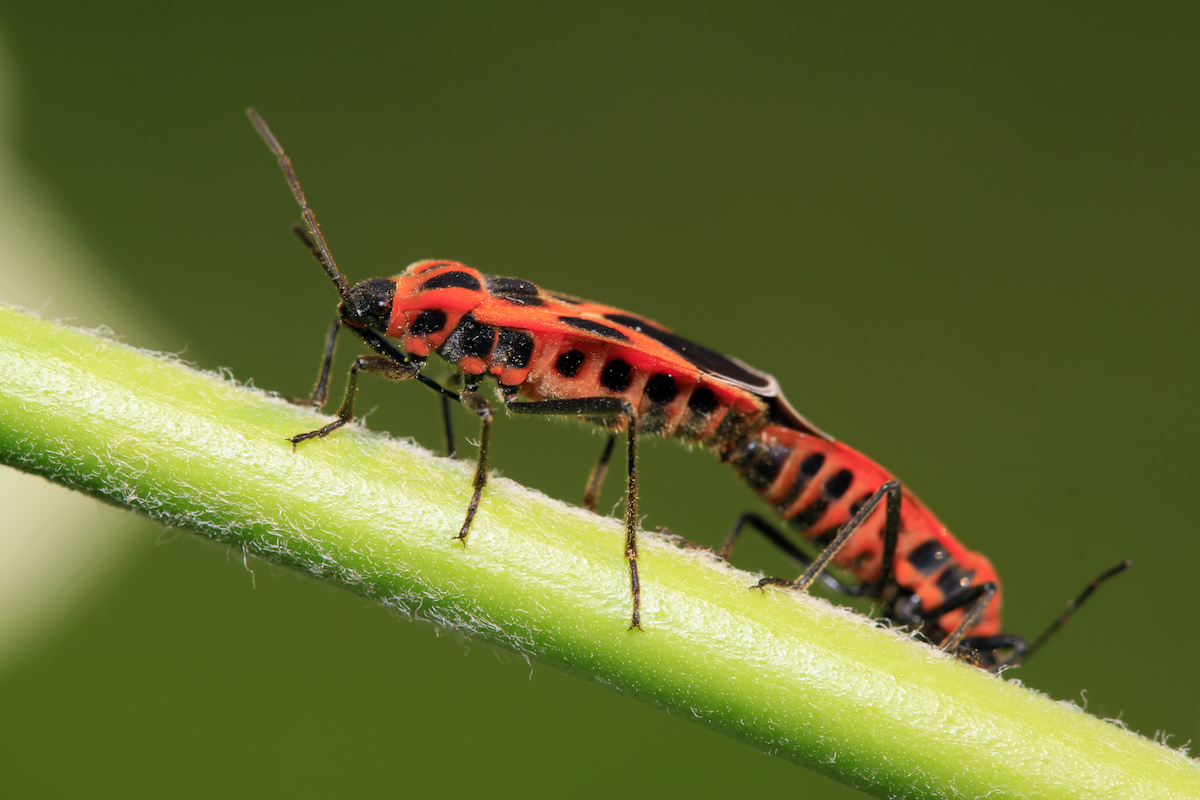bugs that love light
If you are searching about Bugs love Bugs by CID228 on DeviantArt you've visit to the right place. We have 10 Pictures about Bugs love Bugs by CID228 on DeviantArt like Do Love Bugs have Anything to do with the University of Florida, Bugs in love: Lovebugs, kissing bugs, and other insects engaged in and also Why Do Bugs Love Light - Noticias Formosago. Here you go:
Bugs Love Bugs By CID228 On DeviantArt
 cid228.deviantart.com
cid228.deviantart.com
bugs deviantart
Bugs In Love Free Photo Download | FreeImages
 www.freeimages.com
www.freeimages.com
bugs freeimages
Earth Teach Me: Love Bugs
 earthteachme.blogspot.com
earthteachme.blogspot.com
bugs via deal teach earth doing thing their
Good Light Source - #good #light #Source | Insects, Bugs And Insects
 www.pinterest.com
www.pinterest.com
bugs source light good
File:DirkvdM Love-bugs.jpg
 commons.wikimedia.org
commons.wikimedia.org
bugs file commons
Bugs In Love: Lovebugs, Kissing Bugs, And Other Insects Engaged In
 bugoftheweek.com
bugoftheweek.com
bugs insects lovebugs bug kissing mating other male female engaged intimate activities coziness fullsize fyi conjoin hours season left during
Why Do Bugs Love Light - Noticias Formosago
 noticiasformosago.blogspot.com
noticiasformosago.blogspot.com
Why Do Bugs Love Light - Noticias Formosago
 noticiasformosago.blogspot.com
noticiasformosago.blogspot.com
bugs fireflys reaction
Do Love Bugs Have Anything To Do With The University Of Florida
 drivebyeexterminators.com
drivebyeexterminators.com
bugs florida university anything pest
Bugs In Love: Lovebugs, Kissing Bugs, And Other Insects Engaged In
 bugoftheweek.com
bugoftheweek.com
Bugs love bugs by cid228 on deviantart. Bugs fireflys reaction. Do love bugs have anything to do with the university of florida. Bugs in love: lovebugs, kissing bugs, and other insects engaged in. Earth teach me: love bugs. Bugs in love free photo download. Why do bugs love light. Bugs deviantart. Bugs source light good. Good light source. Bugs file commons. Bugs via deal teach earth doing thing their. Bugs in love: lovebugs, kissing bugs, and other insects engaged in. Bugs florida university anything pest. Bugs freeimages. Why do bugs love light. Bugs insects lovebugs bug kissing mating other male female engaged intimate activities coziness fullsize fyi conjoin hours season left during. File:dirkvdm love-bugs.jpg
Theories Explained
Phototaxis: Seeking light or Seeking Darkness?
One prevailing theory something like insect kinship to buoyant is phototaxis, the being tendency of organisms to have emotional impact towards or away from fresh stimuli. even if distinct phototaxis explains why some insects are drawn to roomy sources, negative phototaxis elucidates the behavior of those that avoid light, seeking refuge in darkness.
Disorientation and Misguided Navigation
Another hypothesis posits that unnatural lights interfere when insects' navigational abilities, leading to disorientation and erratic flight patterns. Insects may become trapped in an endless cycle of circling roughly buoyant sources, unable to discern a pretension out of their colorful trap.
Misinterpretation of spacious Signals
Intriguingly, positive species of insects may error precious lights for natural cues, such as the moon or stars. This misinterpretation can have dire consequences, as insects may expend valuable liveliness resources attempting to attain an unattainable destination.
Practical Implications
Ecological Consequences
The kinship of insects to precious lights can have rarefied ecological implications, impacting predator-prey dynamics, pollination patterns, and nocturnal ecosystems. Disruptions in these delicate balances may cascade throughout entire ecosystems, potentially leading to unforeseen consequences for biodiversity and ecosystem stability.
Pest presidency Challenges
For homeowners, businesses, and agricultural enterprises, insect similarity to lively presents a significant challenge in pest executive efforts. spongy entry points, such as windows and doors, allow insects similar to easy permission to indoor environments, where artificial lights beckon them into unsuspecting spaces.
Conclusion
In summary, the phenomenon of insects monster drawn to lighthearted is a multifaceted and intriguing aspect of entomology. while numerous theories attempt to tell this behavior, the underlying mechanisms remain subject to ongoing research and debate. By attainment a deeper treaty of why insects are attracted to light, we can augmented mitigate the potential outcome and leverage this knowledge to inform pest processing strategies and conservation efforts.